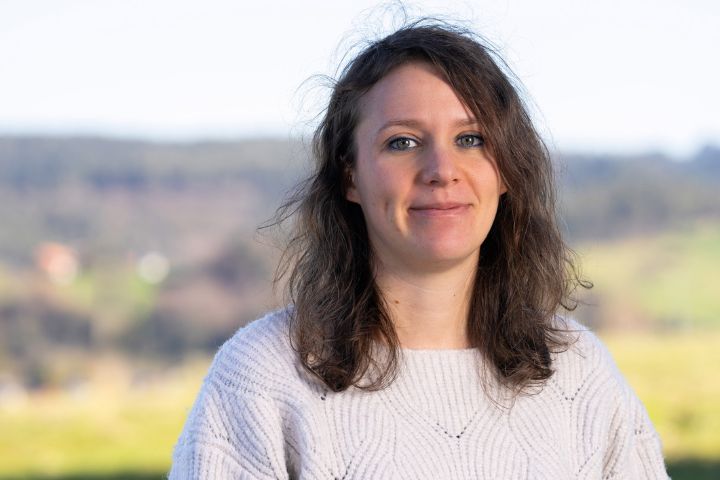- Home
- People
Ylenia Casali

- Position:
Postdoctoral Researcher - Main Research Field:
Complex systems, ecosystem services, urban resilience - BC3 Research Line:
5. Research Line Integrated Modelling of Coupled Human-natural Systems - Contact information:
Email address: ylenia.casali@bc3research.org
Contact phone: 944 01 46 90 - ORCID ID: https://orcid.org/0000-0003-1747-5056
Short CV
I am an interdisciplinary scientist interested in systems complexity and socio-environmental changes.
I was previously a postdoc at TU Delft with the Resilience Lab at the Faculty of Technology, Policy and Management, and I developed my PhD research at the Resilience Systems Lab of the Singapore-ETH Centre. I obtained my PhD from the Faculty of Department of Environmental Systems Science, ETH Zurich. I have a background in Environmental Engineering, having studied at Politecnico di Milano for five years. I also worked as an educator at a social service organization in Milano to support inclusive education for students from low socio-economic backgrounds.
In ARIES, my research focuses on ecosystem services. In particular, we are developing models and theories on the use of complex networks for ecosystem services analysis. I like to investigate the dynamics of change in sensitive areas, such as urban environments, where spatiotemporal conditions influence the evolution and distribution of resources, risks, and opportunities.
Journal Articles
- 2024
- Casali, Y., Aydin, N.Y., Comes, T. 2024. A data-driven approach to analyse the co-evolution of urban systems through a resilience lens: A Helsinki case study. Environment and Planning B: Urban Analytics and City Science. DOI (10.1177/23998083241235246).
Affiliation previous to BC3
• Casali, Y., Aydin, N. Y., & Comes, T. (2024). A data-driven approach to analyse the co-evolution of urban systems through a resilience lens: A Helsinki case study. Environment and Planning B: Urban Analytics and City Science, 0(0). https://doi.org/10.1177/23998083241235246• Casali, Y., and Heinimann, HR. (2019). A topological analysis of growth in the Zurich road network. Computers, Environment and Urban Systems 75, 244-253.
• Casali, Y., and Heinimann, HR. (2019). A topological characterization of flooding impacts on the Zurich road network. PLoS ONE 14 (7).
• Casali, Y., and Heinimann, HR. (2020). Robustness response of the Zurich road network under different disruption processes. Computers, Environment and Urban Systems 81, 101460.
• Casali, Y., Aydin, N.Y., and Comes, T. (2022) Machine learning for spatial analyses in urban areas: a scoping review. Sustainable Cities and Society 85, 104050.
• Twohig, C., Casali, Y., and Aydin N.Y. (2022). Can Green Roofs Help with Stormwater Floods? A Geospatial Planning Approach. Urban Forestry & Urban Greening 76, 127724.
•Aydin, N.Y., Yigitbasi, E., Casali, Y., and van Wee, B. (2023) Assessing the evolution of educational accessibility with self-avoiding random walk: insights from Helsinki. Applied networks, 8(1).
Affiliation previous to BC3
• Aydin, N.Y., Casali, Y., Sebnem Duzgun H., and Heinimann HR. (2019). Identifying Changes in Critical Locations for Transportation Networks Using Centrality. In: Geertman S., Zhan Q., Allan A., Pettit C. (eds) Computational Urban Planning and Management for Smart Cities. CUPUM 2019. Lecture Notes in Geoinformation and Cartography. Springer, Cham.• Casali, Y., Aydin, N.Y., and Comes, T. (2021) Zooming into socio-economic inequalities: using urban analytics to track vulnerabilities-A case study of Helsinki. 18th International Conference on Information Systems for Crisis Response and Management-ISCRAM 2021.
• Casali, Y. (2020). Topological Assessment of Changes in Road Network Systems in Time, under Discrete Flooding Events, and under Classes of Unexpected Disruptions. ETH Bibliography. https://doi.org/10.3929/ethz-b-000426547
